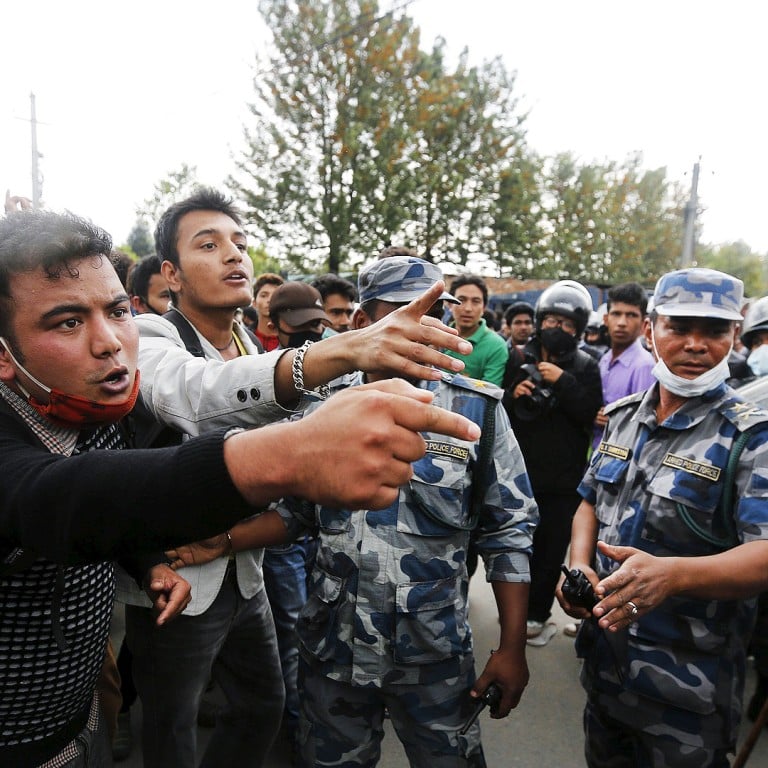
Deadly earthquake exposes governance failures in Nepal
Natural disasters, as a rule, bring out the kindness in people, prompting a desire to assist one another. Nepal's earthquake has been no exception.
Natural disasters, as a rule, bring out the kindness in people, prompting a desire to assist one another. Nepal's earthquake has been no exception among ordinary Nepalis and foreign governments, with the emotional and physical challenges of victims being soothed by the helping hands of strangers and generosity of aid. Yet some officials have been less than understanding, putting bureaucratic blocks in the way of urgent needs, leading to criticism and protests. It is a mindset that has to change if the nation is to move beyond the crisis and rebuild with an eye on preparedness and resilience.
Overseas aid that has included much-needed tents and tarpaulins has been delayed from delivery by officials demanding payment of taxes. Customs officers have refused to release donated food because items claimed to be unnecessary, like tuna and mayonnaise, were included. The delays have caused goods to pile up at Kathmandu airport, affecting emergency flights. A week after the quake, aid was still only trickling into the worst-affected area, the Kathmandu Valley.
These are unfathomable circumstances for outsiders, but Nepalis are not surprised. A weak government, with self-interest a trademark of politicians, has ensured poor policymaking and oversight. Civil servants have been given free rein and many are corrupt and unaccountable. Charities and donors have consequently found Nepal a difficult place in which to work; there is no shortage of needy people, yet it is a challenge finding reliable and trustworthy partners.
The rush to get help to victims does not allow for thorough background checks. Too many people need medical help, food and shelter. Prime Minister Sushil Koirala expects the final death toll could reach 10,000 and the government estimates 530,000 houses have been damaged and 70,000 destroyed. The damage bill could reach US$20 billion, Nepal's annual GDP.
Many more could have been killed or injured; the quake hit at midday on a Saturday, when many were outdoors and schools and offices were closed. Despite poor enforcement of building codes and a lack of preparedness for natural disasters in so quake-prone a part of the world, numerous buildings in the capital suffered little or no damage. The UN and non-governmental groups had trained builders to reinforce structures to make them less susceptible to collapse. It is a formula that has to be furthered by addressing governance failures, outdated policies and a lack of preparedness.

